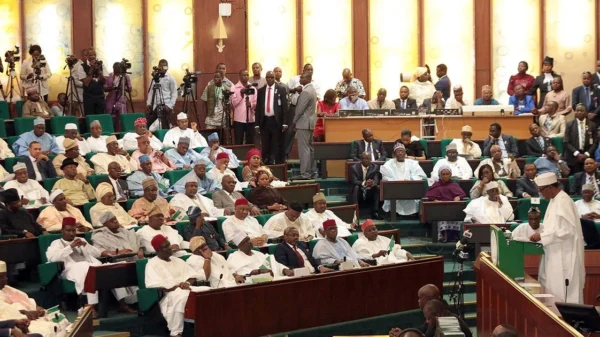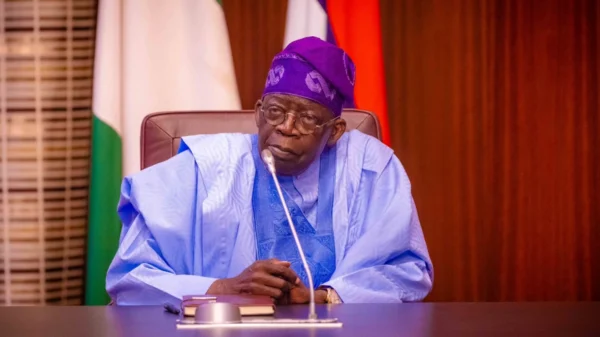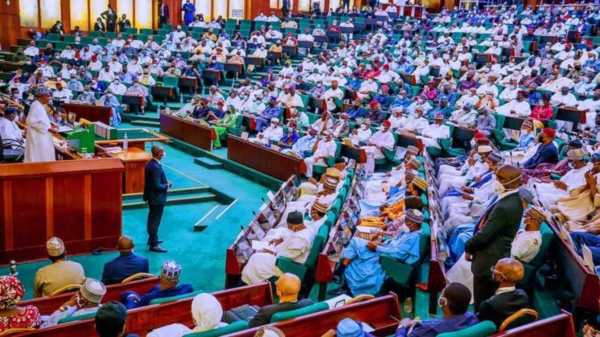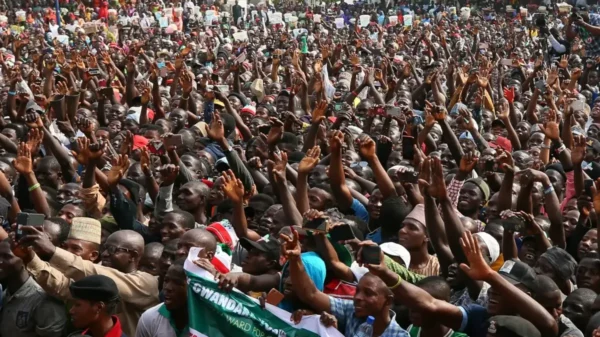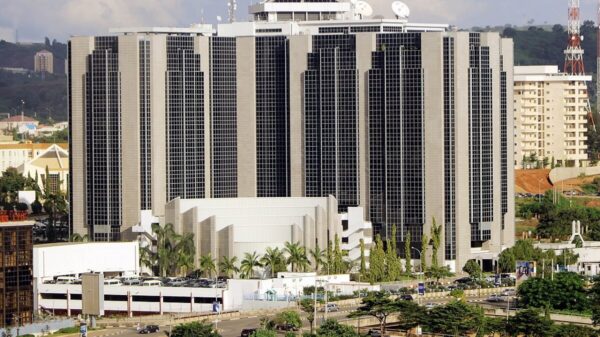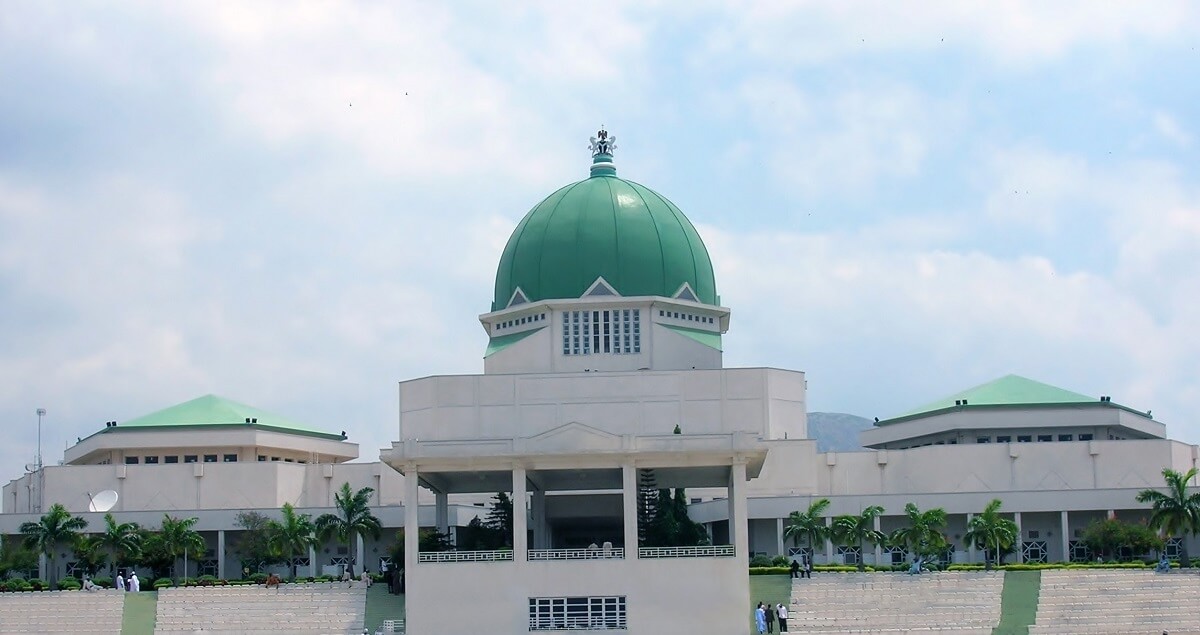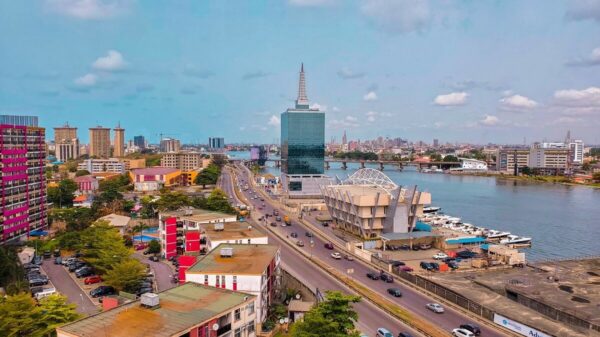“A candidate for an election to the office of President shall be deemed to have been duly elected where, there being more than two candidates for the election
a. he has the highest number of votes cast at the election; and
b. he has not less than one-quarter of the votes cast at the election in each of at least two-thirds of all the States in the Federation and the Federal Capital Territory, Abuja.”
Constitution of the Federal Republic of Nigeria 1999, Chapter 6, Section 134, Subsection 2
The phenomenon of countries operating multi-party political systems coming to have only two major parties is not unique to Nigeria but is common all over the world. The phenomenon is actually less related to how many parties the country’s system allows for and has more to do with what electoral system they employ.
Nigeria, like many of the other countries experiencing the same trend, practices a plurality voting system. This is also known as “first past the post” or FPTP, and is usually described as “winner takes all”. Simply put, as many candidates as are eligible to run during each election cycle are allowed to do so. Every citizen has a single vote and the candidate that has the most votes is declared the winner. On the surface, this system appears simple and fair as emphasized by popular mantras like “one person, one vote”.
In reality though, while the system is simple, it is also problematic for a number of reasons. Its problematic nature is usually what leads to the emergence of only two major parties in a phenomenon known as Duverger’s Law. We will discuss the reasons that lead to the emergence of only two major parties when this system is employed, focusing on the election of the highest office in the land— the presidency— and discuss in terms of parties rather than candidates. Let us take a look at the section of the Nigerian constitution quoted above focusing on subsection 2b. Assuming an even spread of voters across all states and the Federal Capital Territory, a candidate needs only one quarter of the votes of two-thirds of the states as stipulated in the constitution. That means to win an election, a party needs only one sixth or 16.7% of the total votes.
That leads to the first and most obvious problem with the winner takes all the voting system— minority rule. If a party wins an election having only 16.7% of the votes with the remaining 83.3% of the votes having been shared amongst a long list of parties (at least six), that leaves the larger portion of the electorate, 83.3% of total voters, feeling disenfranchised. This leads to apathy from the electorate as people begin to feel their votes do not matter. Some people stop voting altogether. Those who continue voting, attempt to vote strategically in future elections, placing greater emphasis on voting a party they believe has a greater chance of winning than on voting honestly (voting a party that actually represents their views). Rather than sharing their votes across six parties unlikely to win, voters begin to clump together, voting a fewer number of parties with greater probability of victory.
The electorate are not the only ones that begin acting strategically, the parties themselves are also forced to do so. Factoring in the cost of campaigns, parties begin to clump together as well, bringing with them their followership base and pooling resources. Hence, the concept of the political coalition and electoral alliance emerges.
An excellent case study is the formation of the All Progressives Congress (APC) which formed in 2013 as a merger of the three largest opposition parties in Nigeria at the time— the Action Congress of Nigeria (ACN), the Congress for Progressive Change (CPC), and the All Nigeria Peoples Party (ANPP). In 2015 the APC was able to unseat the incumbent Peoples Democratic Party (PDP) which had ruled since Nigeria’s return to democracy in 1999 (winning 4 presidential elections in those 16 years).
The coming 2023 general election presents an interesting scenario that leads to another problematic phenomenon of the plurality voting system— the Spoiler Effect. This election cycle has seen the rise of at least two more viable opposition parties capable of being competitive in the coming election, the Labour Party (LP) and the New Nigeria People’s Party (NNPP). However, voters inclined towards both can only vote for one or the other. We could say the parties might end up taking votes off each other leaving both of them with too few votes to win. Essentially, “spoiling” the election for each other. Earlier in the cycle, it was already being discussed that a coalition between both parties would give them the greatest chance for victory. Should either fail to win the election it will not be long before such discussions are recycled.
If those parties do form a coalition either for 2023 or for a future election, and are able to win, it is likely the other parties would likewise begin considering forming their own coalitions in order to compete.
Therefore, the simple answer to our question is that Nigeria’s plurality voting system creates an environment that not only allows for, but encourages the development of an unofficial two-party system.
Franklyn is a Nigerian writer who loves a good story, real or made up, and is excited by any opportunity to tell or discuss one.


